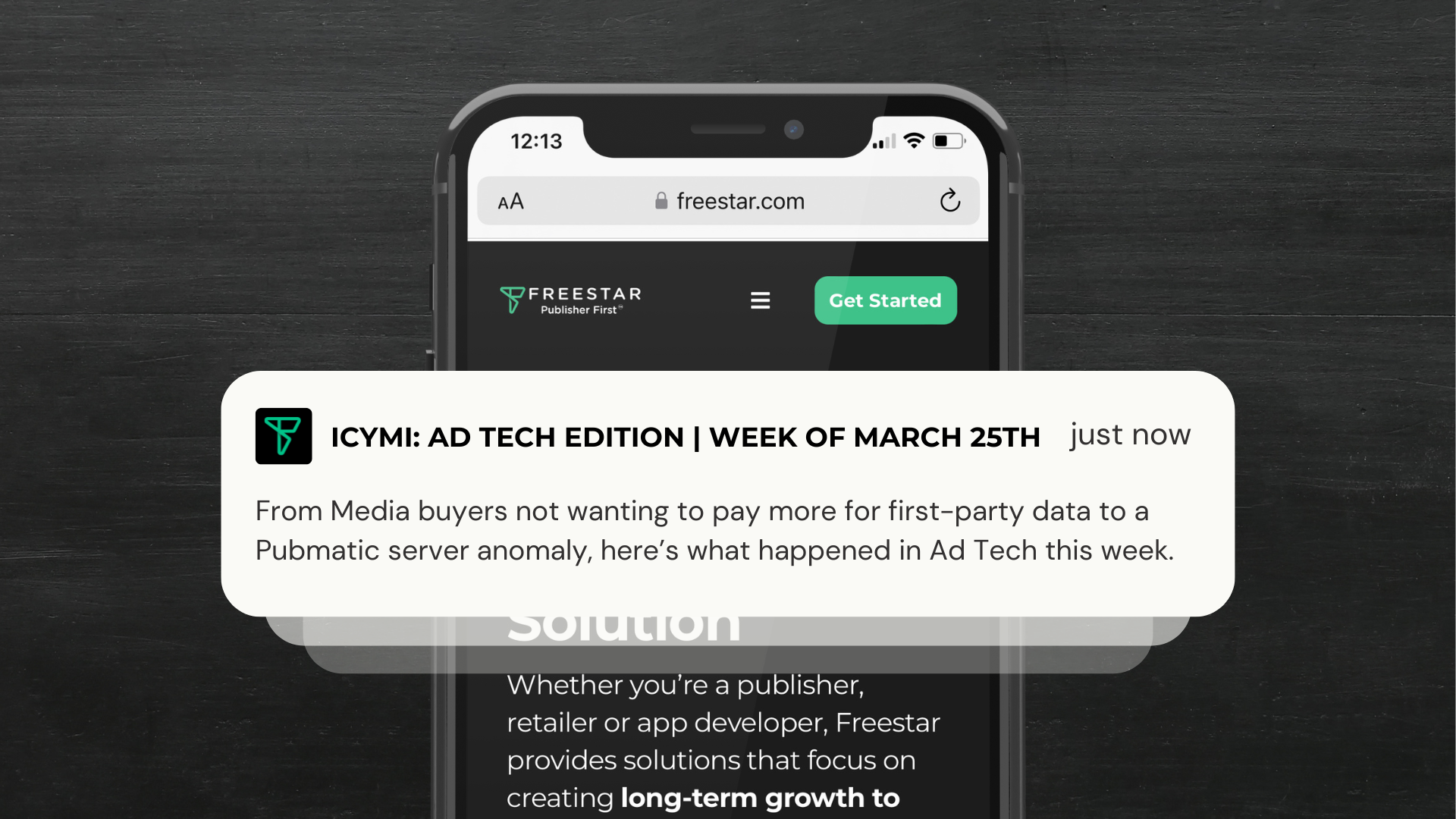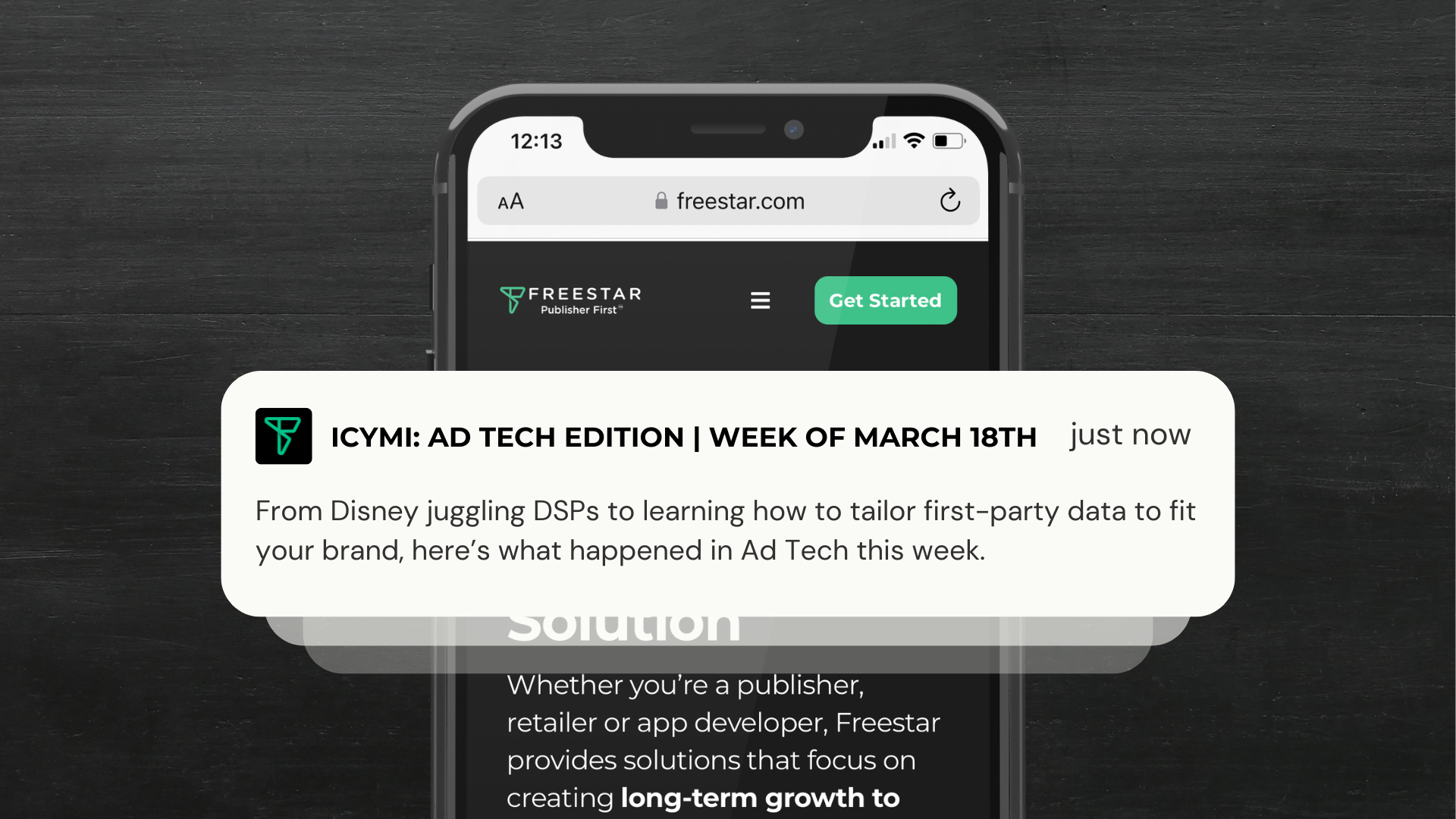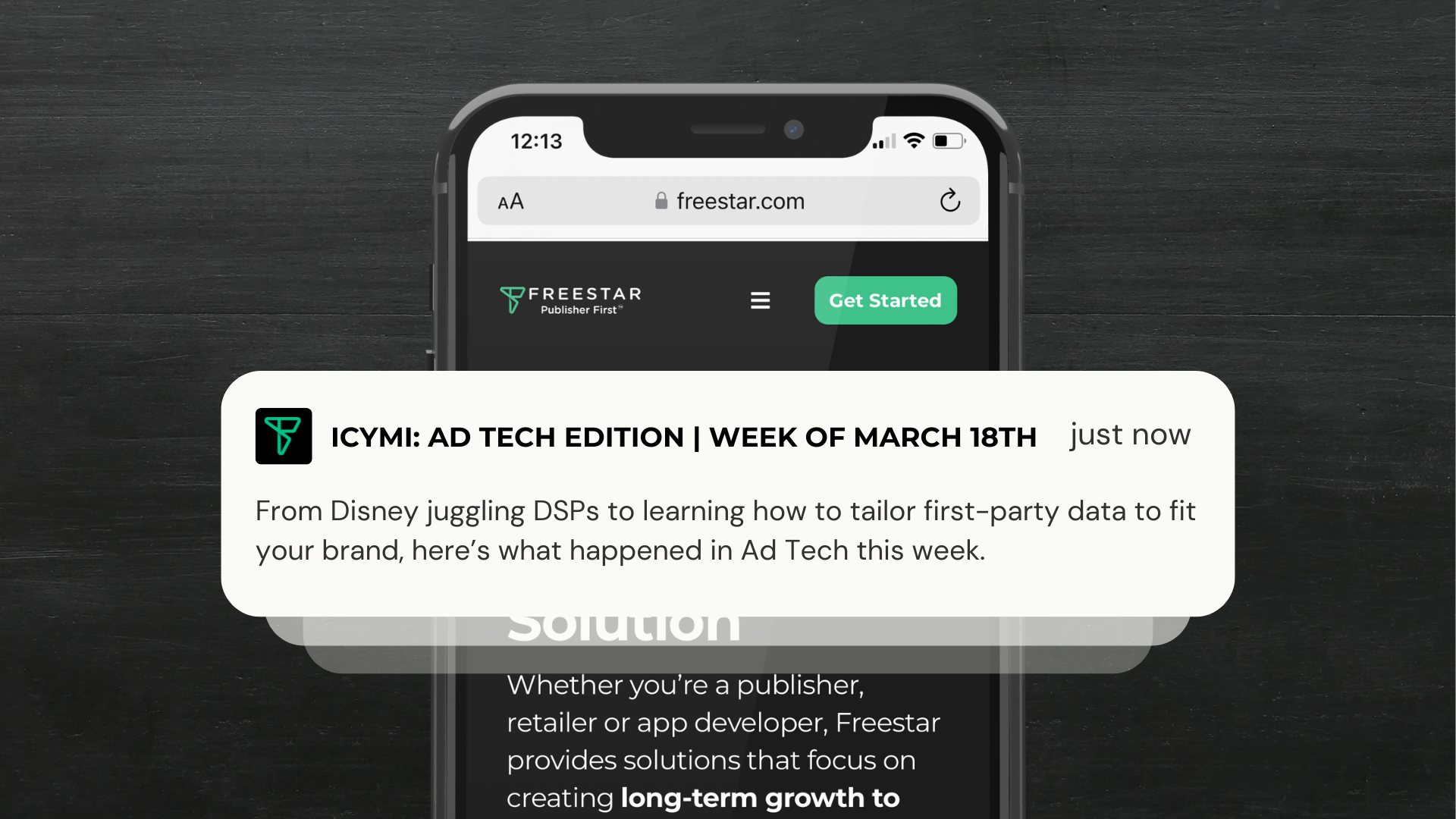???? It’s no secret Apple is no fan of the cookie.
In June they shook the advertising world announcing they were updating their Safari cookie policy. Named Intelligent Tracking Prevention, the new policy officially launched in September alongside iOS11 kickstarting the era of post-cookie advertising. The update aims to limit as much as possible third-party trackers from placing cookies to capture cross-site browsing data on devices running the Apple browser.
Since the beginning, Apple has drawn a rigid distinction between first-party and third-party, making it harder (but not impossible) for third parties to place cookies. For years advertisers across all platforms have been exploiting loopholes to circumvent the Safari cookie policy. With the September update though, Apple has finally closed the gap. Now, all cookies expire within 24 hours unless they are a real-deal, first-party cookie. Prior to the update advertisers could access cookie data for 30 days.
The message from Apple to advertisers is clear: find another way to find your audience.
To those at Apple, killing the cookie is a move to stop invasive advertising and improve overall user privacy, trust, and experience. Yet since the update, every major advertising group has come together to openly criticize Apple for the “heavy-handed” move. While it’s easy to point out these groups have a lot at stake since the move directly affects bottom their bottom line – they may not be the only ones losing out.
Lack of cookies makes impressions coming from Safari less valuable to advertisers in the current digital landscape.
The Publisher
First up is the publisher. The updated Safari cookie policy directly affects a publisher’s ability to monetize this traffic. Lack of cookies makes impressions coming from Safari less valuable to advertisers in the current digital landscape. For example, let’s say a user who has been searching for a mid-size, affordable SUV online lands on xyzsite.com. This user is exponentially more valuable with it’s cookies to the team managing the programmatic budget for Nissan. Strip the cookie away and this user is just another blip in the open marketplace with no real value to the Nissan team. The result is the publisher loses out on revenue from the higher CPM it would’ve received on a bid from Nissan.
The hardest hit sector will no question be the small to medium-sized publishers. Safari’s market share, according to StatCounter, is currently north of 50% for US traffic in 2016. Larger publishers have the scale and deep pockets to support the sales and engineering teams needed to develop new tactics to monetize their mobile web traffic coming from Safari. Small to medium publishers do not – leaving them with few options to make up for the lost revenue. Desktop monetization will be less affected with Safari holding a negligible market share there.
The User
Next is the users. The new Safari cookie policy could serve to cause more problems for the very users it’s trying to protect. As discussed above, Safari users become less valuable in the programmatic marketplace because there is no cookie data to tell who these users really are. As a result, these cookie-less impressions have the potential to cause:
Less relevant ads to be served
Yes, no one is a huge fan of people tracking their online behavior. But in the case of advertising it can serve to improve users overall experience with the ads they are shown. Take the Nissan example from earlier. With a cookie in place this user would’ve been served an ad more relevant to their current interests.
A prime example of cookie-based advertising is Facebook. Users opt-in to Facebook’s platform and openly share their first-party data without blinking. Opt-in to Facebook’s cookie policy occurs automatically when a user signs up, allowing Facebook to place cookies when the user is on “our website and apps (whether or not you are registered or logged in), or visit other websites and apps that use the Facebook Services (including the Like button or our advertising tools)”. This leaves Facebook with one of the largest stores of first-party data making it easy for advertisers to deliver contextually relevant ads. The result? Facebook now accounts for 39.1% of all display advertising spend as advertisers push more of their dollars toward a platform where they can better track ROI. And Facebook users don’t seem to mind.
Mobile redirects and other malware
The cheaper the impression the easier it is for malicious actors to execute mobile redirects or other forms of malware. As stated above, the lack of the cookie data from Safari users devalues these impressions. This coupled with Safari traffic accounting for more than half of mobile web use in the US, makes these users highly susceptible to mobile redirects.
What’s Next?
The industry is still searching for the best answer to the Safari ITP update. Ad tech players like Criteo say they have a plan for circumventing the update, but no industry-wide plan or technology as emerged as the solution. The front runner by all accounts is the creation of a first-party ID management system that would allow the open marketplace to achieve the scale of data that is currently dominated by Facebook and Google. Creation of single user ID system would be solely dependent on the ad tech and publishing industry be able to 1) put aside agendas to work together to build such a platform and 2) ability to get online user buy-in. How and when this technology will emerge and who will lead the way will be a hot topic for debate in 2018.





